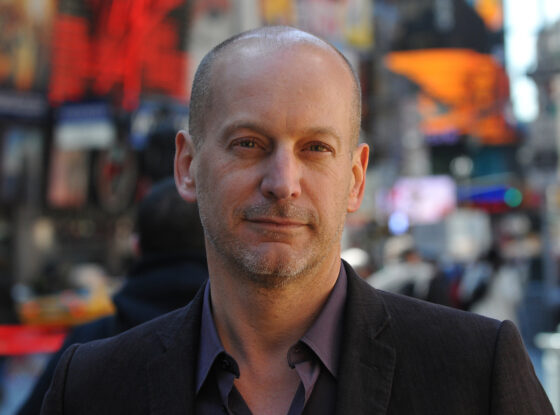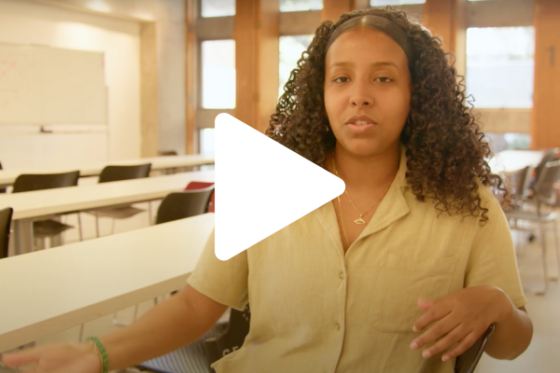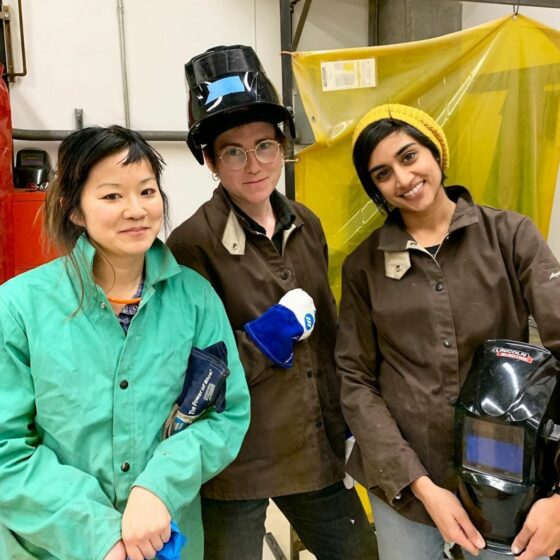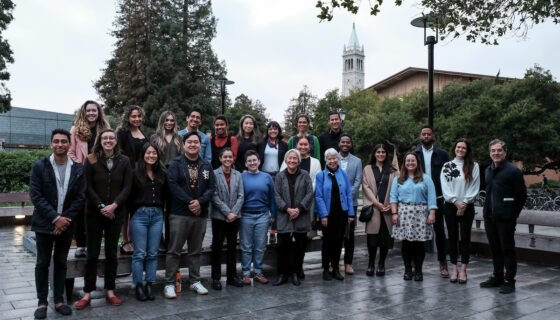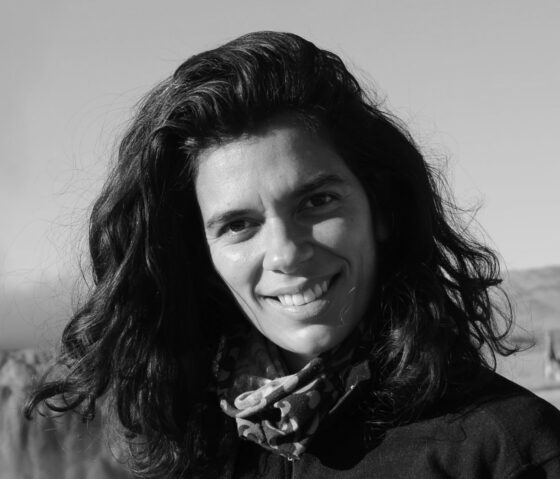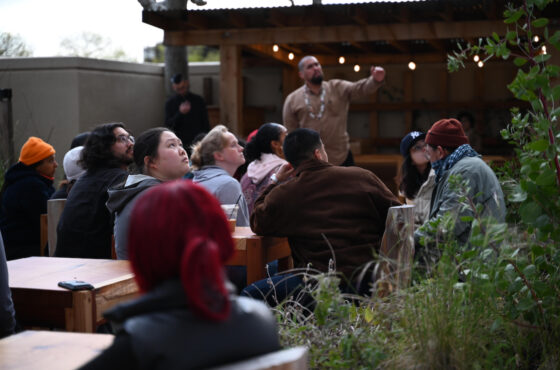Arcus Social Justice Corps (ASJC) Fellowship
The Arcus Social Justice Corps (ASJC) Fellowship at the College of Environmental Design offers an unmatched opportunity for graduate students seeking to make direct and transformational social change in the world through planning, research, and design. The Arcus Fellowship offers free tuition and a basic needs stipend, plus community building and professional networking to students enrolled in any of our master’s degree programs.
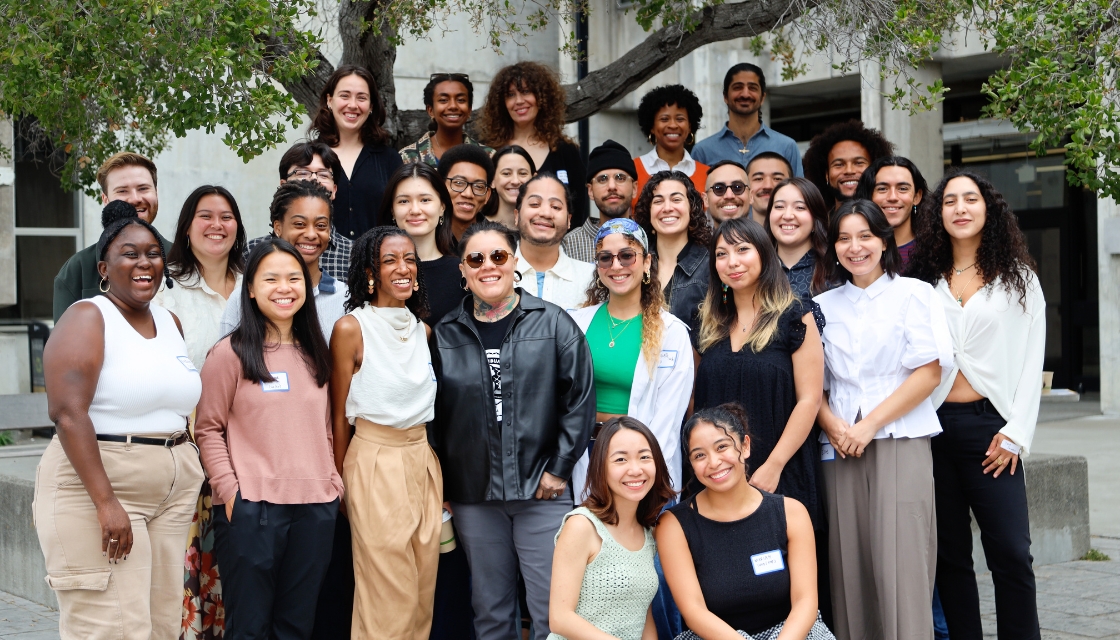
ABOUT THE ARCUS FELLOWSHIP
The Arcus Social Justice Corps Fellowship was established with the goal that fellows graduate with little or no debt, giving fellows the freedom to pursue careers that make a big difference in society. Arcus Fellows commit to working in social impact careers for at least three years after earning their degrees. By working in nonprofits, NGOs, higher education, or government agencies — or by creating their very own forms of new radical practice — Arcus Fellows move the needle on essential social change.
The Arcus Fellowship experience includes mentoring from social justice practitioners, internship opportunities, career-planning support, opportunities to incubate new ideas, and community-building events.
FELLOWSHIP BENEFITS
The fellowship is open to domestic applicants applying to any of CED’s master’s programs, including concurrent degree programs. Support is offered each year for the duration of the degree program.
- Free tuition
- Annual basic needs stipend*
- Professional development
- Training in best practices for community engagement
- Cohort community building
- Networking opportunities with social impact practitioners
- Summer internship stipend
*Note: Students enrolled in MArch, MS Arch, MAAD, MCP, MLA, and MUD programs receive the basic needs stipend. Students enrolled in MRED+D and MDES are not eligible for the basic needs stipend.
WHAT TO EXPECT AS AN ARCUS FELLOW
Arcus Fellows receive mentorship and attend lectures from practitioners, faculty, and community members. As an Arcus Fellow, you’ll:
- Engage in professional development workshops
- Participate in discussions and discourse on community engagement and its varying forms
- Engage in community building within the cohort of fellows
- For two- or three-year degree programs: take an Arcus-related or other CED/campus ASJC-approved course in social justice, professional development, or community engagement
- Commit to a social justice career for at least three years after graduation
- Keep the college informed of your accomplishments and the work ahead by completing short surveys and reports while enrolled, and for three years after graduation
DEFINING A SOCIAL JUSTICE CAREER
Fellows make a three-year pledge to social justice work after graduation. ASJC’s definition of a social justice career is open-ended — it can be in the public or private sector, as long as it benefits an underserved community. Unlike other programs that require a finite definition, we leave this definition up to applicants. ASJC asks you to define what social justice work means to you, and how you hope to perform it in your future career.
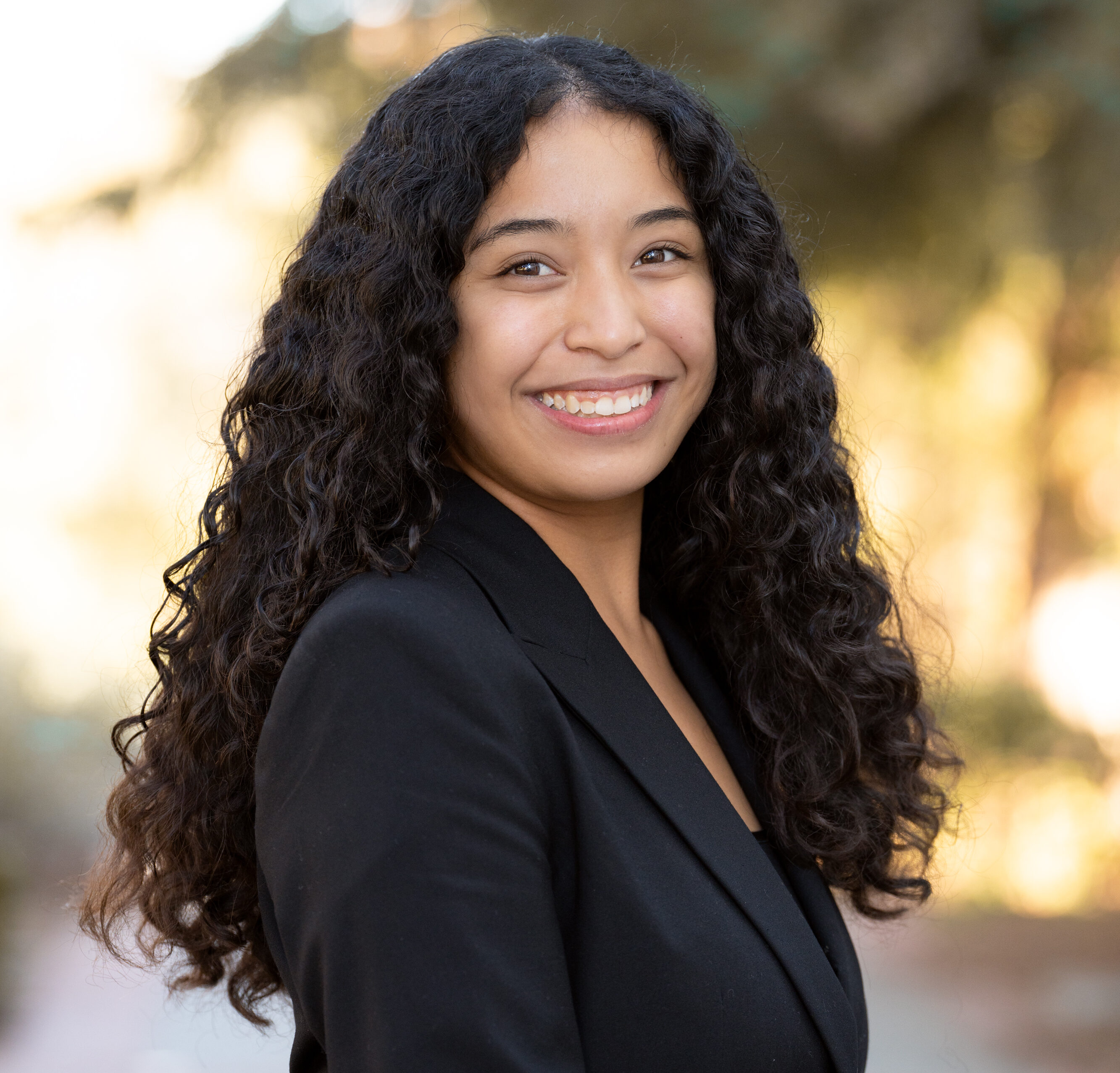
“Currently I’m working with the Cool Climate Network on the current challenges and opportunities California jurisdictions face in the local climate action planning process. The Arcus Fellowship helps me continue the work toward equitable climate adaptation and resilience.”
FACULTY COMMITTEE
Our fellowship program draws on the leadership and expertise of faculty from across our college. A key aspect of this fellowship is its ability to unite all environmental design disciplines, ensuring a truly interdisciplinary experience. The ASJC faculty committee includes:
-
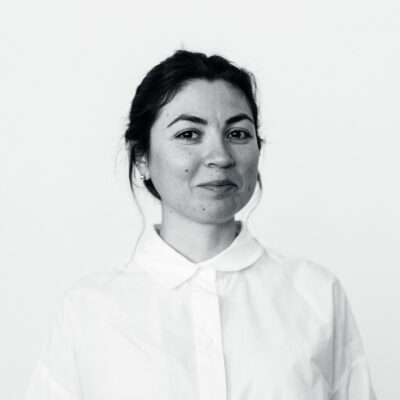
-
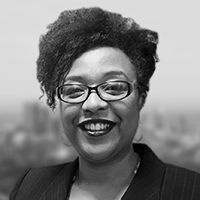 Associate Professor of City & Regional Planning; Arcus Chair in Social Justice and the Built Environment
Associate Professor of City & Regional Planning; Arcus Chair in Social Justice and the Built Environment -

-
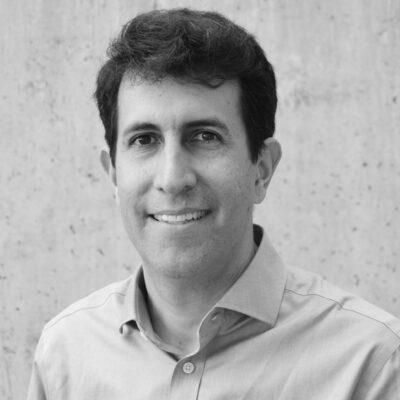
-

COMMUNITY PARTNERS
Linked by their shared commitment to social justice, Arcus Fellows come together for special opportunities and events throughout the year. Talks from social justice practitioners who provide insight into what social impact work looks like in action are a highlight of the program every semester.
SPEAKERS
Some past and future speakers include:
- Alvaro S. Sanchez and Molly Tafoya, Greenlining Institute
- André Jones, Bay Area Mural Program
- Candice Elder, East Oakland Collective;
- Chasity Gatson, Deputy Administrator of the Office of Single-Family Housing, USDA
- Chelina Odbert, Kounkuey Design Initiative
- Courtney Welch, Mayor of the City of Emeryville
- Danielle Rivera, Department of Landscape Architecture & Environmental Planning
- David de la Peña, Associate Professor of Landscape Architecture and Environmental Design, UC Davis
- Elliot Jones, The Mobile Assistance Community Responders of Oakland (MACRO) Program
- Fred Blackwell, San Francisco Foundation;
- Jean LaMarr, Northern Paiute/Achomawi artist and activist
- Kim Suczynski Smith, Pyatok Architects
- Meghan Walsh, Senior Architect, USDA Rural Housing Services
- Rebecca Gilman Crimmons, Senior Vice President for Real Estate and Development at Institute for Community Living
- Sadie Wilson, The Greenbelt Alliance
- Sharon Marcos, Sogorea Te Land Trust
- Vincent Medina and Louis Trevino, Cafe Ohlone
CAREERS + ALUMS
In past years, Arcus fellows have secured a wide array of jobs and internships. Whether they work at local or federal government jobs, non-profits or NGO’s, private firms or have begun their own enterprises, Fellows commit to weaving social and environmental concepts into their chosen work. Jobs and internships pursued by our fellows and alums include:
- Selected Employers
- Selected Internships
- AECOM
- Asian Health Services
- BASE Landscape Architecture
- Bay Area Air Quality Management District
- Bennett Midland
- Berkeley Housing Advisory Commission
- Buro Happold
- City of San Jose’s Planning Division
- City of Seattle’s Public Utilities and Parks and Recreation Division
- Densify Lab LLC
- Eden Housing
- Equity Community Builders
- fufu (feeding us for us)
- Healthy Havenscourt Collaborative
- Holland Partner Group
- HR&A Advisors – Real Estate and Economic Development
- La Clínica de La Raza
- Liberated Culture
- MidPen Housing Corporation
- Prevention Institute
- San Francisco Department of Homelessness and Supportive Housing
- San Francisco Department of Public Health
- Southern California Association of Governments
- University of New Mexico
- Ajunta Communal Community Action Board
- Asian Health Services (AHS)
- California State Library’s California Research Bureau
- Center for Community Action and Environmental Justice in Jurupa Valley
- City of Berkeley Department of Economic Development
- Fam 1st Architecture Camp
- Federal Reserve Bank of San Francisco
- Housing Leadership Council of San Mateo
- Jonathan Rose Companies
- Mass Design Group
- NASA
- San Francisco MTA Transit Division
- Smith Group
- The Ma Hila’s Heart Project
- United Nations Executive Office of the Secretary-General
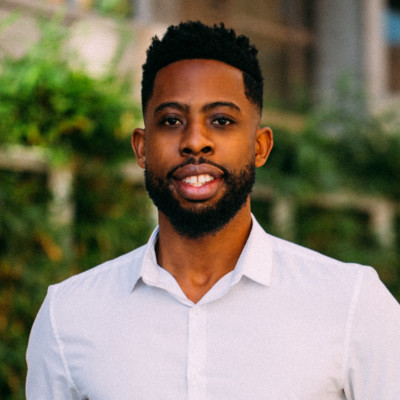
“The Arcus fellowship provided me with a unique opportunity to enter the affordable housing field with significantly less debt than many of my peers. This financial freedom allowed me to prioritize career paths focused on making a positive impact in my community.”
We seek to attract students with the most potential to make direct and transformational social change in the world through planning, research, and design. Arcus Fellows are selected by a committee that includes faculty, staff, and alums who are practitioners in social justice fields.
Eligibility
Arcus Fellowships are open to domestic applicants who are applying to any CED master’s program by that program’s fall deadline. You may apply to the Arcus Social Justice Corps if you are a U.S. citizen, a student with a permanent residence, and a student with DACA or refugee status. We do not accept applications from international candidates at this time.
Funding
The Arcus Social Justice Corps Fellowship is funded through a generous gift from Jon Stryker.
NEWS
FAQS
- When does the three year “pledge” to social justice work begin, and how is it tracked?
- Who evaluates ASJC candidates?
- What occurs with my ASJC funding if I need to drop out of my master’s program?
- When does the post-graduate ASJC “pledge” to social justice work begin?
- When will I be notified of ASJC decisions?
- If I am awarded an Arcus Fellowship and also the GSI job how does this impact funding?
- Can I receive funding to complete a certificate program from the ASJC?
The commitment to perform at least three years of social impact work begins immediately upon graduating from UC Berkeley.
Each fall and spring, ASJC program administrators send out a survey to recently graduated fellows asking them to report on their current work and accomplishments. Arcus alums are required to fill out these employment surveys to build our network of resources, mentors, and support structures for current and future fellows.
Arcus Fellows are selected each year based on application reviews by faculty, staff, and alum practitioners in social justice fields.
If a student drops out of their master’s program for any reason, the money for that semester will be the final disbursement. The funding will not extend beyond that semester and the student will forfeit ASJC funding for future semesters.
When and how is the fellowship aid disbursed?
Award money is distributed at the start of each semester; first, it is applied directly to cover the cost of tuition and fees. Basic needs stipends are considered taxable income.
ASJC decisions are closely coordinated with each department at the College of Environmental Design. If awarded a fellowship, an applicant will be notified within a week or two of receiving an admissions decision into UC Berkeley. If the applicant is placed on the waitlist, they will be notified of their waitlist status, and will be informed of a final decision before the Student Intent to Register (SIR) date, which is April 15, 2025.
Arcus Fellows are welcome to pursue reader positions, GSI-ships, and GSR-ships. Taking on a position will not affect the amount of aid offered from the ASJC program. It may, however, impact the way that ASJC funding gets disbursed while a fellow is in school. One a fellow is enrolled in their graduate program, they must contact an ASJC program administrator and their home department Graduate Student Advisor immediately to consider how taking on a GSR/GSI or reader position may impact fund distribution. Individual circumstances vary, so administrators will work with campus loan officers to navigate the best way for a funding package to be allocated and find the best solution for each fellow.
No, certificate programs do not count as second degrees and are not funded by the ASJC.
